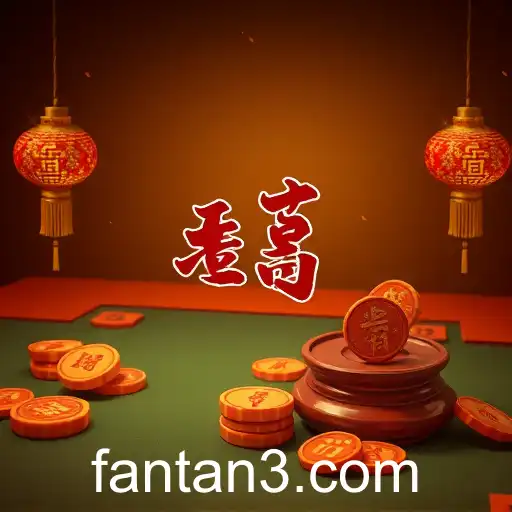
Exploring the resurgence of Fan Tan through online platforms in 2025, blending ancient traditions with modern gameplay experiences.
Fan Tan, a traditional Chinese gambling game with centuries-old roots, is experiencing a digital renaissance as online gaming sites embrace its blend of chance and strategy. Known for its simplicity and engaging dynamics, Fan Tan is captivating a new generation of players, merging historical gameplay with today’s interactive features.
As 2025 unfolds, game developers are tapping into the nostalgia factor while innovating how classic games like Fan Tan are played. This resurgence in popularity is supported by a broader trend in the gaming industry: the digital revival of historical games. Fans of traditional gaming now have the opportunity to experience Fan Tan with enhanced features such as 3D graphics, real-time multiplayer modes, and customizable settings, making it an appealing option for both veteran players and newcomers.
Online platforms dedicated to vintage games are blurring the lines between past and present, offering players an immersive experience. With Fan Tan’s new resurgence, the game serves as a bridge connecting cultural heritage with futuristic gaming technology, reflecting a growing interest in blending historical context with modern entertainment frameworks.
The positive reception of Fan Tan as part of the digital gaming portfolio highlights a broader shift in the online gaming world, where diversity of gameplay is as important as technological advancements. This fusion of old and new is drawing attention not only from gaming enthusiasts but also cultural historians who see it as a preservation of intangible cultural heritage.
As 2025 progresses, Fan Tan's presence on English-language game websites indicates its evolution from a local favorite to a global gaming phenomenon. This pivot to digital platforms allows Fan Tan to thrive in a competitive market, reinforcing its relevance in a time when interactive games are a dominant entertainment form.




